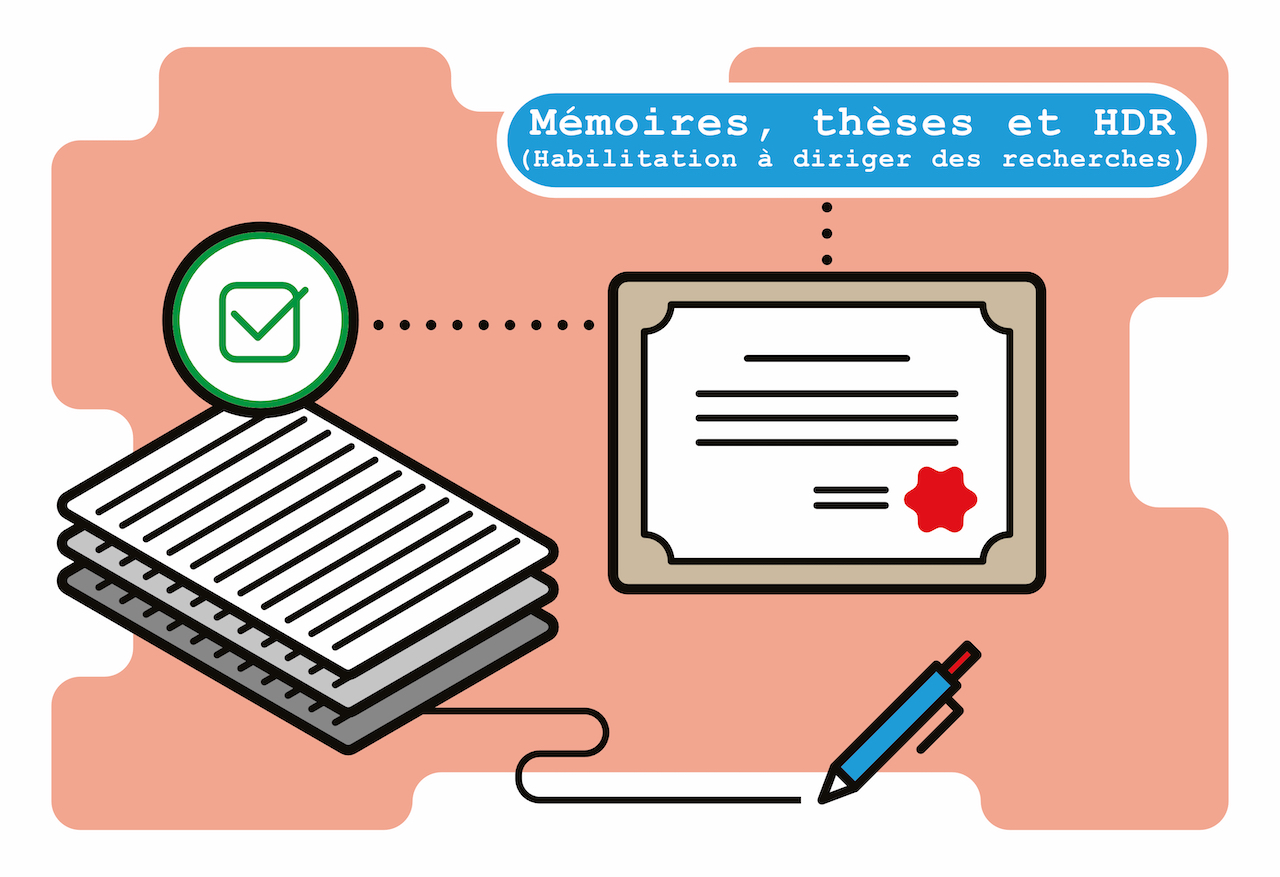Fiche du document
- ISIDORE Id: 10670/1.229f49...
Mots-clés
Politics Social policySujets proches
State planning National planningCiter ce document
M Lee, « Social policy preferences in South Korea: individual and family-related perspectives », Oxford Research Archive, ID : 10670/1.229f49...
Métriques
Partage / Export
Résumé
East-Asia-specific institutional characteristics, especially family-related and cultural contexts, raise a question regarding the ‘political terrain’ in the region – whether a certain section of the population is clearly supportive of a particular social policy, while others are not. East Asian societies including Korea are characterised by the Confucian culture and experiences with developmental welfare states, both of which emphasise the role of family in welfare provision. From the perspectives of new institutionalism, such contexts may create distinctive reasoning patterns in relation to social policy preferences. In this regard, this thesis investigates social policy preference formation of individuals in Korea, with a particular research question of how policy preferences of a particular social group - female labour market outsiders - are shaped by family-related and cultural contexts. This study employs a mixed-methods approach that collects and analyses data using both quantitative and qualitative methods. The quantitative analysis tests the validity of existing theories on welfare attitudes, using individual-level data of ‘2013 Public Attitudes towards Welfare Policy Survey’. In the light of quantitative analysis, the subsequent qualitative analysis interrogates about how social policy preferences of female labour market outsiders are affected by family-related and cultural contexts. Specifically, semi-structured interviews with 27 female labour market outsiders were carried out from June to December 2016, and the data were analysed using thematic analysis. The overall argument of the thesis is that in Korea, family welfare and prevailing ideas of a desirable society play a significant role in shaping social policy preferences of individuals, particularly female labour market outsiders. Family welfare is found to motivate research participants to share reinterpreted problem recognition within the family, which eventually encourages them to assess social policy for the sake of maximum utility for the family, not for themselves. Prevailing ideas of a desirable society, notably selective compassion for the deserving poor and pro-developmental view, appear to increase individuals’ preferences for the selective provision of social welfare. These findings can be understood as suggesting that in Korea, social policy preferences of women in the labour market outsider position could be different from what is expected by the individualist self-interest-based assumptions. Also, it is likely that social cleavages between female labour market outsiders and other socioeconomic groups on the issues of redistribution are less likely to be generated in Korea, relative to countries with individualist culture. The thesis makes three original contributions to knowledge. Firstly, this thesis extends the regional coverage of welfare attitude study beyond Western countries by shifting scholarly attention to Korea. Secondly, the thesis theorises social policy preference formation in Korea through new institutionalism that mediates the relationship between institutions and individuals’ self-interest and value-orientation. Lastly, the thesis moves beyond a quantitative analysis by employing a mixed-methods approach.
